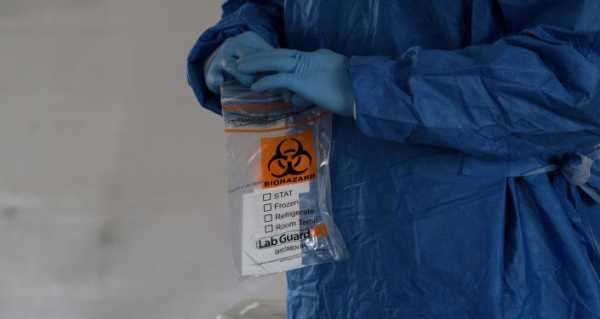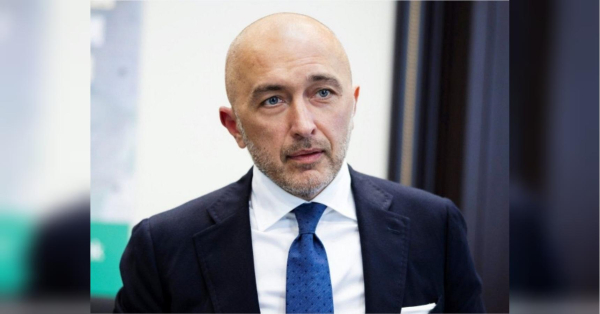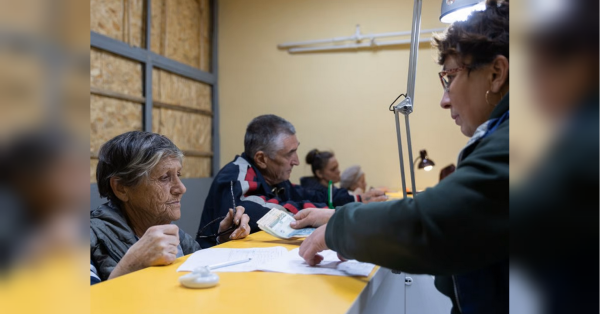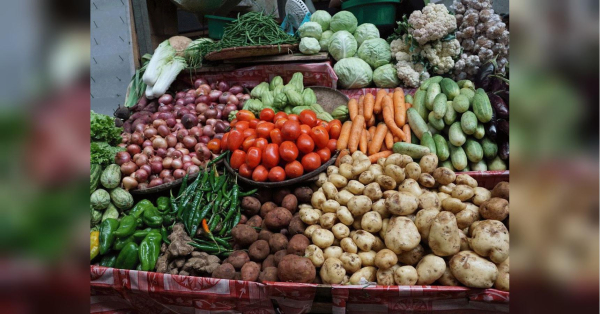
A new study has shed light on how long someone’s immunity to COVID-19 lasts after contracting the virus.
According to research published Tuesday in the journal Immunity, individuals who contract COVID-19 produce “high-quality” antibodies against the coronavirus for five to seven months afterward.
The 5,882 volunteers who participated in the study underwent antibody testing using a blood test developed by University of Arizona Health Sciences starting on April 30.
“We clearly see high-quality antibodies still being produced five to seven months after SARS-CoV-2 infection,” said lead researcher Deepta Bhattacharya, an associate professor in the Department of Immunobiology at the University of Arizona College of Medicine – Tucson, UPI reported.
“Many concerns have been expressed about immunity against COVID-19 not lasting. We used this study to investigate that question and found immunity is stable for at least five months.”
“When a virus first infects cells, the immune system deploys short-lived plasma cells that produce antibodies to immediately fight the virus,” the university release noted. “Those antibodies appear in blood tests within 14 days of infection. The second stage of the immune response is the creation of long-lived plasma cells, which produce high-quality antibodies that provide lasting immunity.”
“The latest time-points we tracked in infected individuals were past seven months, so that is the longest period of time we can confirm immunity lasts,” Bhattacharya said. “That said, we know that people who were infected with the first SARS coronavirus, which is the most similar virus to SARS-CoV-2, are still seeing immunity 17 years after infection. If SARS-CoV-2 is anything like the first one, we expect antibodies to last at least two years, and it would be unlikely for anything much shorter.”
According to Bhattacharya and his colleagues, earlier studies assessed antibody production at around the time of infection and suggested that antibody levels drop quickly after a patient’s bout with the coronavirus, providing only short-term immunity to it. However, those findings may have only been based on levels of short-lived plasma cells, discounting the effects of long-lived plasma cells and the high-affinity antibodies they produce.
“Whether antibodies provide lasting protection against SARS-CoV-2 has been one of the most difficult questions to answer,” noted Dake.
Sourse: sputniknews.com






